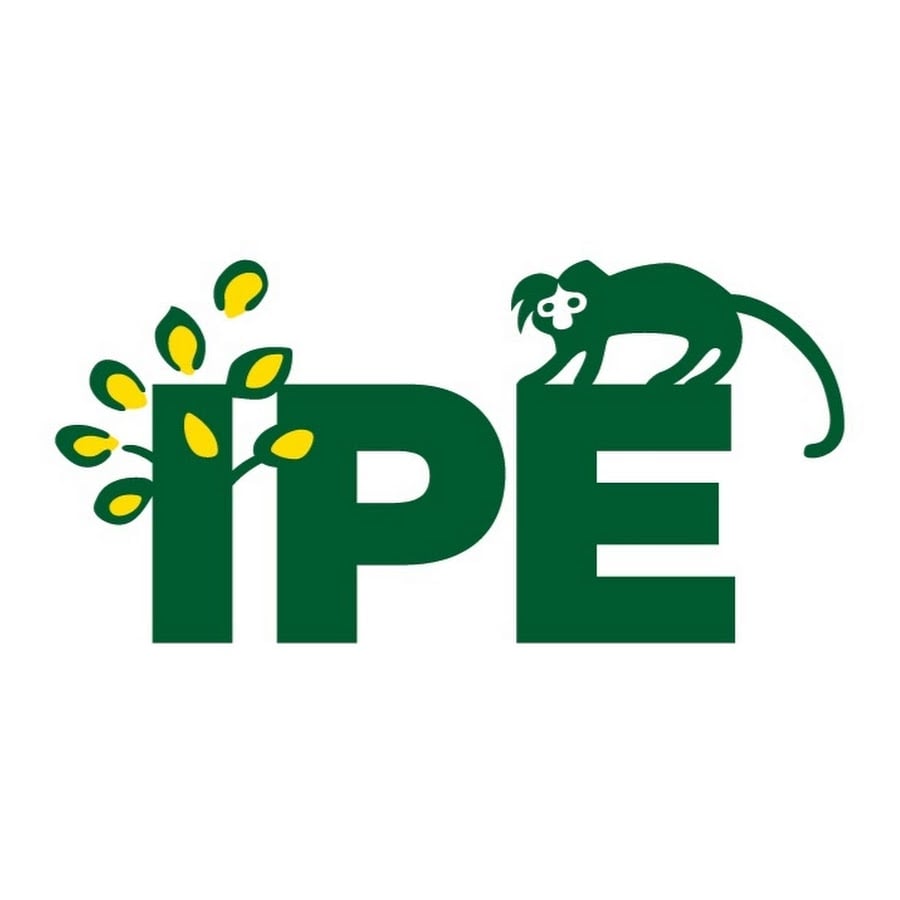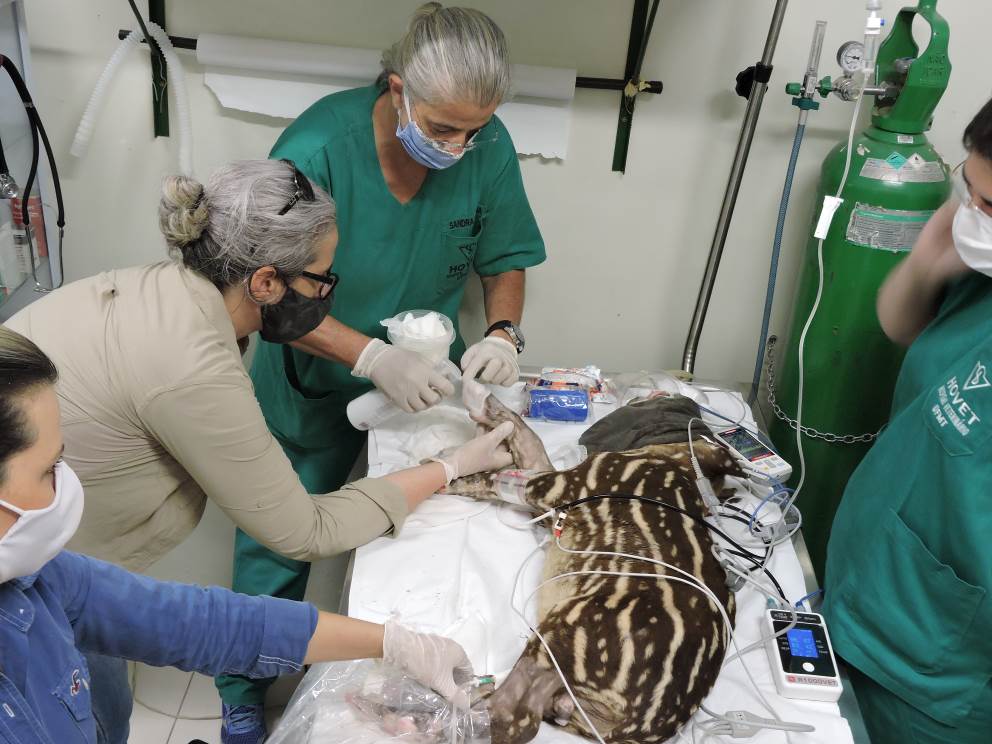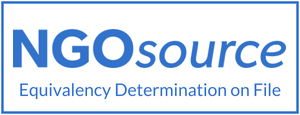::cck::726::/cck::
::introtext::
How LTCI – Lowland Tapir Conservation Initiative worked for Urgent Response to Pantanal
At the very beginning of the animal rescue work, we noticed the large number of occurrences with tapirs. Therefore, our first action was the creation of a remote support group for animal rescue and rehabilitation teams. Through WhatsApp, we put members of these teams in contact with our network of tapir specialists including LTCI’s past and current veterinarians and biologists, zoo personnel, specialists in animal nutrition, and several researchers. All these different professionals in the network were available to discuss the best protocols for anesthesia, treatment, feeding and maintenance of animals from rescue until complete rehabilitation and release. In addition, we shared all the relevant materials we have available, such as manuals, guidelines, and protocols (veterinary, anesthetic, and laboratory).
In order to obtain the needed financial resources, an international online fundraising campaign was launched in mid-September (through credit card and PayPal). In addition, we have also applied to and obtained emergency resources from several zoo conservation funds and national and international companies and organizations.
Part of the donations was used to provide veterinary equipment and supplies to animal rescue teams all over the Pantanal, as well as to the wildlife rehabilitation center at the Federal University of Mato Grosso in Cuiaba. These teams of heroes have taken risks and faced the most adverse conditions while rescuing and taking care of many burned animals. Tapirs, giant anteaters, otters, jaguars and many more species were received and treated in the best possible way, limited by the lack of adequate equipment and shortages of medicines and necessary materials.
For two months, one of our vets dedicated full-time to keeping in touch with different teams, keeping lists of their needs, placing orders for the purchase of equipment and supplies from several different companies, making payments, tracking shipments and much more. We drove twice to Cuiaba, bringing truckloads of materials.
As urgent response, we have also allocated resources for the purchase of appropriate firefighting gear (such as fire-resistant boots, pants, shirts, gloves, and balaclavas, as well as helmets, eye protection, water pumps, fire hoses, shovels, chainsaws, air blowers, brush cutters). For this action, we worked in partnership with a non-profit organization called ECOA – Ecology and Action, which conducts several environmental and social projects in the Pantanal region since 1989. Our financial contribution was essential to assist these actions from logistics and transportation to gear purchase.
::/introtext::
::fulltext::::/fulltext::
::cck::726::/cck::


